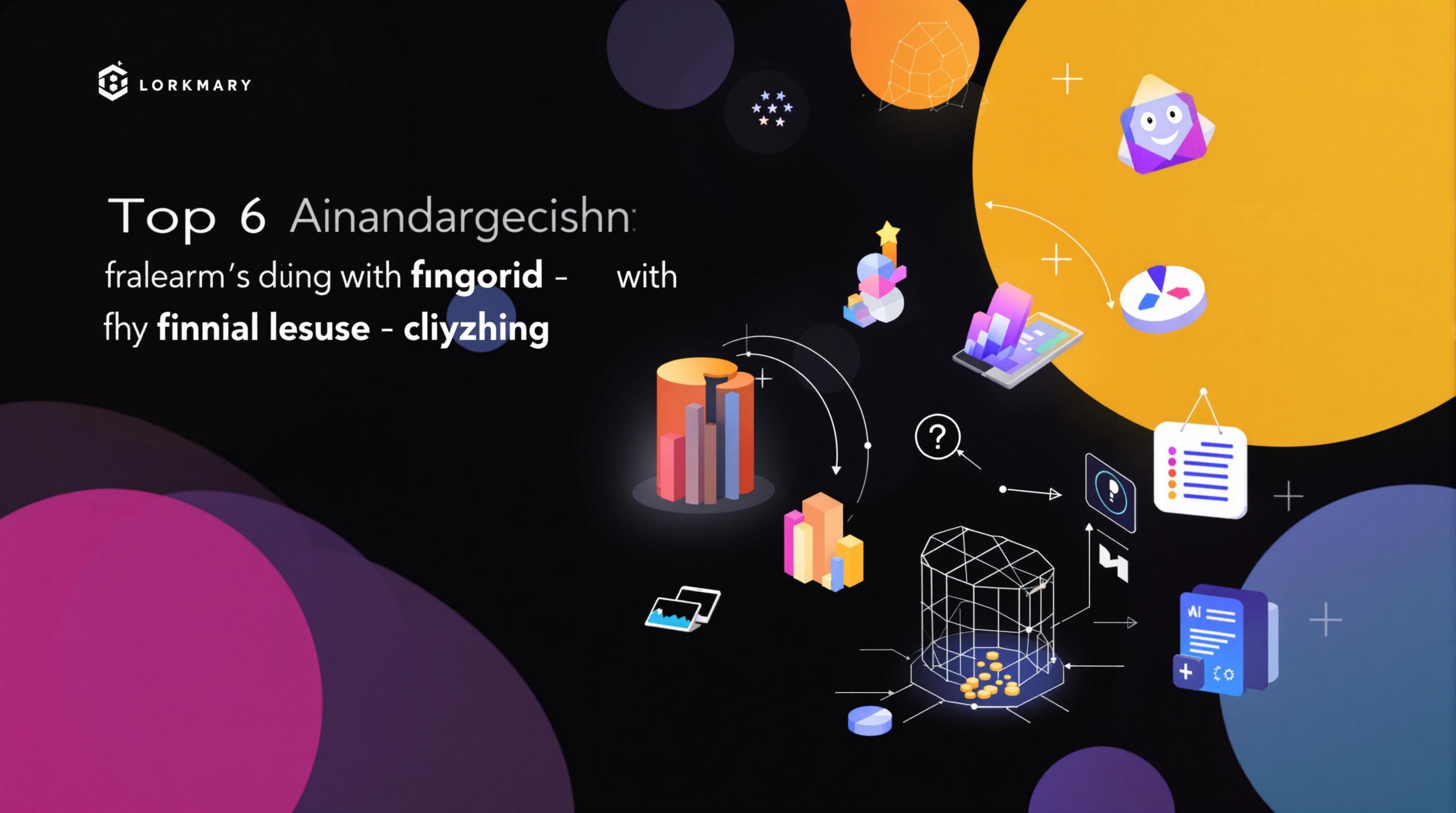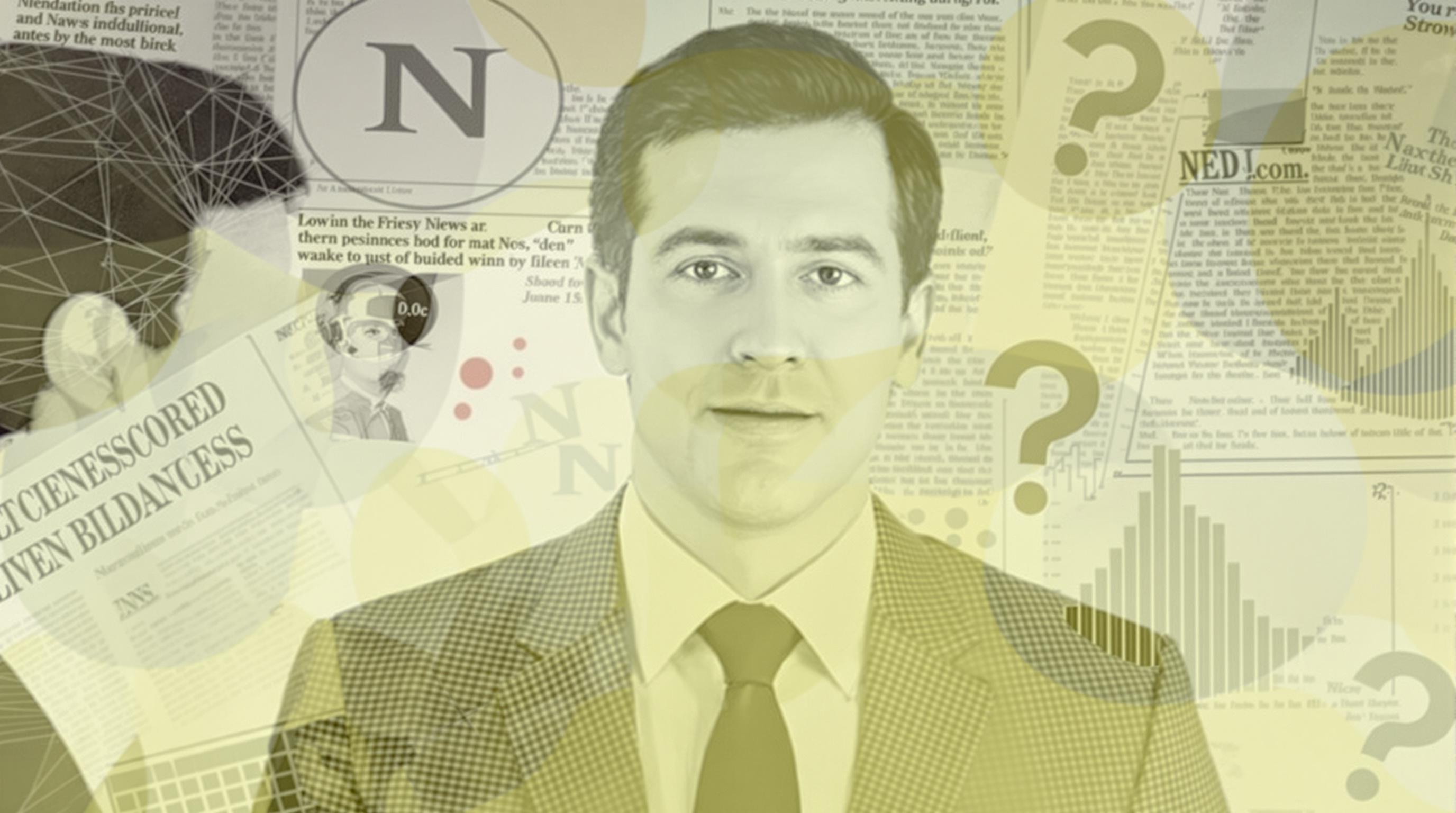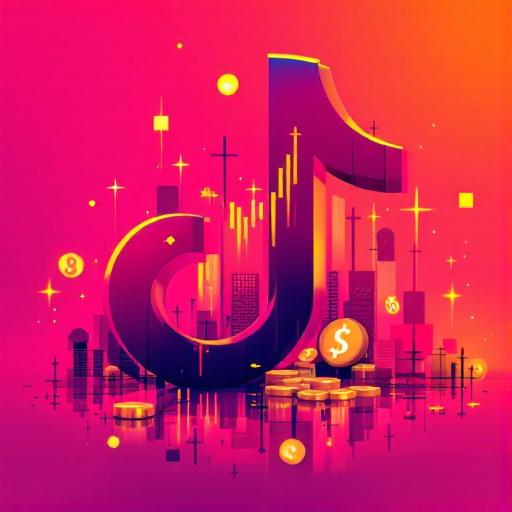Featured Articles
- 9 Revolutionary Finance Data Insights Transforming Market Predictions in the Era of Quantum Computing
- "Cryptocurrency and Climate Change: How Financial Data is Predicting Eco-Friendly Investments"
- "Cryptocurrency Nostalgia: How Past Financial Crises Shape Today's Investing Trends"
- Cryptocurrency Sentiment Analysis: How Twitter Mood Swings are Shaping Market Trends
- "Cryptocurrency Sentiment: How TikTok Trends are Shaping Investor Behavior and Financial Decisions"
Unlocking the Weird: How Unexpected Data Insights Are Redefining Personal Finance Strategies
Unlocking the Weird: How Unexpected Data Insights Are Redefining Personal Finance Strategies
In a world where data rules, surprising insights are transforming personal finance strategies, offering unique solutions to age-old problems. From quirky spending habits to unexpected investment opportunities, these revelations are enabling individuals to rethink their financial futures.
Weird but True: The Power of Data-Driven Insights
In the realm of personal finance, traditional advice often revolves around tried-and-true methods: save 20% of your income, diversify your investments, and avoid debt like the plague. However, as an 18-year-old who just graduated high school and began to dip my toes into adult financial responsibilities, I crave insights beyond the basics. The rise of data analytics has opened a Pandora's box of weird, surprising, and often counterintuitive insights that can redefine how we manage our money.
The Coffee Dilemma: Small Expenses Add Up
Consider the common refrain: "If you buy a $5 coffee every day, that's $1,825 a year!" Most financial advisors use this example to illustrate how small, daily purchases can undermine your savings. But let's look at it from a more whimsical angle: what if that coffee isn't just a caffeine fix, but a boost to your productivity? According to a study by the Journal of Workplace Behavior, caffeine consumption is correlated with increased productivity. If that daily brew spurs better focus and efficiency at work, maybe it's worth the splurge. Sure, you might spend $20 a week on coffee, but if it helps you earn that promotion or side hustle you're eyeing, is it really a waste of money?
A Case Study: The Music Streaming Revolution
Data analytics also transforms how we view subscriptions. A shocking statistic revealed that the average American subscribes to four streaming services, with more than 60% of people admitting they forget about at least one. Enter a tool called "subscription trackers," which analyze your streaming habits. After a mere month, one user discovered they were spending close to $90 monthly on services they barely used. This unexpected insight allowed them to cancel two subscriptions and allocate those funds into a high-yield savings account, yielding much better results in the long run. Data helped them recapture what seemed like lost expenses!
Analytics Meet Behavioral Finance
If you need convincing on the power of this trend, look no further than behavioral finance. Daniel Kahneman, a psychologist and Nobel laureate, has pioneered understanding how our decisions deviate from rational expectations. By examining our unique personal finance behaviors — even the irrational ones — we can find insightful clues. For instance, if you know you have a tendency to splurge at certain times (like summer beach trips or holiday shopping), you might plan ahead by creating separate savings funds that coincide with these moments. This isn’t merely smart budgeting; it’s leveraging potential behavioral pitfalls to your advantage.
Investing: When Weirdness Pays Off
Let’s dive into the world of investing. Who would have thought that goats could provide an avenue for income generation? The "goat economy" is a rising trend among millennials who have taken to small-scale farming. According to a report from the United States Department of Agriculture, goat farming can yield profitability ratios of about 50%. In some communities, people even fundraise by selling “shares” in their goat farms. Your next investment could be buying a fractional share of a goat; you could be on the ever-evolving landscape of alternative investments!
The Surprising Impact of Social Media on Financial Choices
Remember the time when TikTok and Instagram started influencing financial decisions? Just the other day, I was scrolling through TikTok when I stumbled upon a "financial guru" who provided a radical idea: using cash envelopes for budgeting, but with flashy designs and personalized tags that reflected my style. This simple yet visually appealing tool reduces overspending, yet it’s embedded in a social media trend. By adopting a cute cash envelope system, Gen Z and millennials are finding budgeting not only manageable but fun. Maybe that’s the key — creating an enjoyable relationship with money.
Outsmarting Your Budget with Technology
Let's turn our focus towards technology. The rise of neobanks, which offer digital-only banking solutions, demonstrates interesting insights into customer behavior. A study by The Financial Brand revealed that neobanks report about a 70% increase in savings rates among young customers. In most cases, these banks integrate budgeting tools that flag unusual spending habits and provide customized tips based on user behavior. So rather than relying solely on discipline, tech-savvy youngsters are now equipped with insights tailored to their financial lifestyles.
The Quirky World of Gamified Finance Apps
Additionally, who said budgeting and saving had to be boring? Meet gamified finance applications: the platforms that turn money management into a game. Apps like YNAB (You Need A Budget) and Qapital encourage users to reach "savings goals" that run parallel to game levels. Studies reveal that simply engaging with a gamified experience increases the likelihood of sticking to financial goals by 50%. By giving users rewards for small victories — like hitting savings milestones — financial health is becoming less of a chore and more of an engaging journey.
Personal Finance through Storytelling
Let’s not forget about the power of storytelling in personal finance. Picture a 30-year-old named Emily who used to spend impulsively, much like most of us. One day, she stumbled upon an article that chronicled the financial habits of successful investors. Inspired, she switched gears entirely. She began documenting her journey in a TikTok series titled "From Broke to Boss." Not only did Emily become accountable through her storytelling, but she garnered a following that encouraged her to stick with her newfound financial discipline. This illustrates how sharing financial journeys can lead to positive behavior changes and create a supportive community. Perhaps we should all consider leveraging our narratives in our financial approaches.
Reframing Consumer Choices: Behavioral Economics at Play
There's even a strange phenomenon in consumer behavior known as “the scarcity effect.” When people perceive a product to be limited or in short supply, they may value it more highly. Is it then any wonder that financial products, like limited-time promotions from credit cards or special savings accounts, flourish? Employing this principle effectively leads consumers to not only save but earn rewards without the burden of complicated investment portfolios.
The Bottom Line: Embrace the Weirdness
Put simply, we’re navigating an era where oddities are becoming the norm, and insights derived from unconventional data can vastly improve our financial lives. As an 18-year-old just starting my own journey, embracing financial nonconformity is sort of exciting. Stability is great, but so is injecting a little intrigue into mundane tasks like budgeting! So, why not rethink your approach to personal finance? Embracing unexpected insights can redefine your strategies and uncover opportunities that once seemed unreachable. Let's stand at the crossroad of data, habits, and creativity — and together, let's unlock the weird in personal finance!
Final Thoughts: A Call to Action
So, what’s stopping you from diving deep into the abyss of financial weirdness? Start looking for those unexpected insights in your daily spending, embrace technology, and harness behavioral principles. The world of personal finance is evolving fast, and with it, the potential for innovative strategies that can redefine how we grow our money. Let's get weird and reap the rewards!
As Neil Gaiman once said, "You get what anybody gets – you get a lifetime." Apply that philosophy to your finances — explore new data, try new strategies, and don’t shy away from what’s unconventional!
After all, the most unconventional strategies might just lead you to your financial breakthrough.




